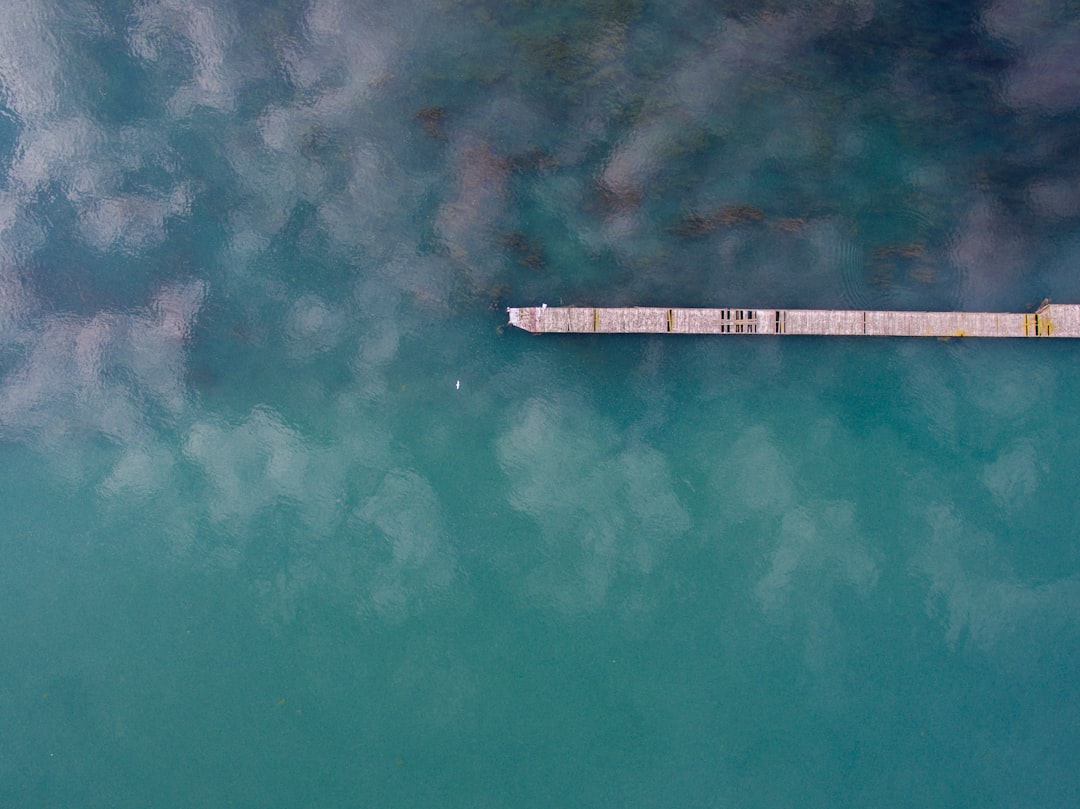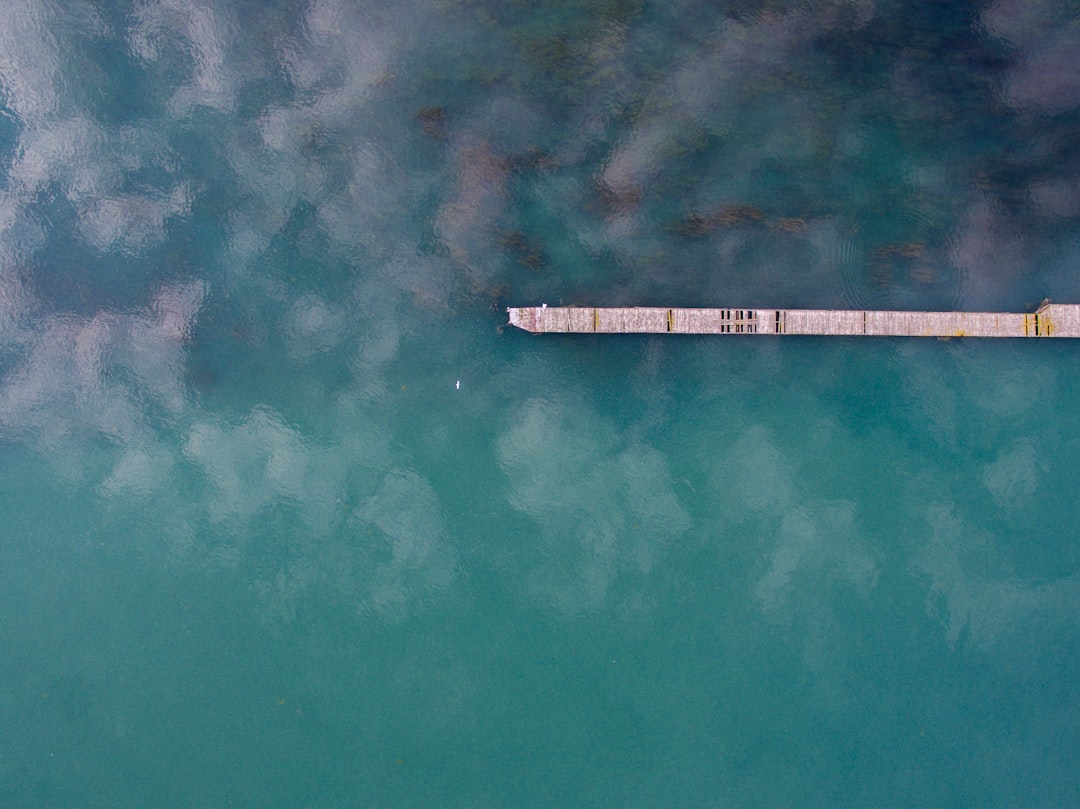Do-Not-Call lists are vital for consumer protection in the US (TCPA) and Canada (CRTC), with distinct regional variations. Marketers using autodialers in Port Huron, MI, must adhere to local laws like the state's Telemarketing Act, requiring local registration and prior written consent from consumers. Non-compliance can result in significant fines and lawsuits. Engaging an autodialer lawyer Michigan is crucial for navigating these complex regulations, ensuring compliance with both federal and state laws, and protecting consumer privacy, thereby enhancing marketing campaign effectiveness.
In today’s competitive marketing landscape, understanding do-not-call list regulations is crucial for Port Huron marketers. This article delves into the key differences between Canadian and Michigan Do-Not-Call Lists, essential knowledge for professionals using autodialers. We explore the legal perspectives, regional variations, and implications for marketers, focusing on Michigan laws and highlighting the importance of compliance to avoid legal pitfalls. By understanding these distinctions, marketers can navigate requirements effectively, ensuring successful and compliant marketing campaigns.
Understanding Do-Not-Call Lists: A Legal Perspective

Do-Not-Call lists are an essential tool in consumer protection, especially for marketers navigating legal waters. These lists regulate automated phone calls, or those made by an autodialer, ensuring businesses respect a subscriber’s right to opt-out of unsolicited calls. In the US, the Telephone Consumer Protection Act (TCPA) forms the legal basis for these regulations, with specific rules governing how companies can contact consumers.
In Michigan, as well as in Canada, do-not-call lists are designed to prevent harassment and intrusiveness. Marketers must be aware of the differences between the two regions’ laws, particularly when operating across borders. For instance, while both countries have do-not-call registries, Canada’s list is administered nationally, whereas Michigan maintains its own, highlighting the need for businesses to comply with local regulations when targeting specific areas like Port Huron. Consulting with an autodialer lawyer in Michigan can help ensure compliance and mitigate potential legal issues arising from unintended violations of these consumer protection measures.
Canadian vs. Michigan Regulations: Key Differences
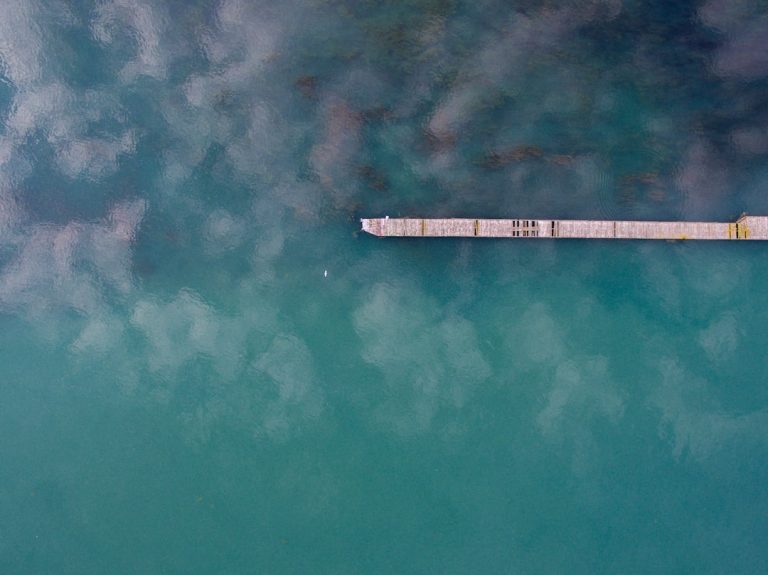
In Canada, do-not-call lists are regulated by the Canadian Radio-television and Telecommunications Commission (CRTC), which has implemented a national “National Do Not Call List” that restricts telemarketing calls to numbers registered on the list. Canadian laws also place restrictions on the use of autodialers, requiring explicit consent for such calls. Marketers in Michigan face different regulations under the Michigan Telemarketing Act and the state’s do-not-call registry. Unlike Canada, Michigan does not have a national do-not-call list; instead, businesses must register with the state to ensure compliance with local laws. Additionally, Michigan law places stricter restrictions on autodialers, mandating prior express written consent from consumers before making automated telemarketing calls. An autodialer lawyer Michigan can help marketers navigate these nuances and ensure they remain compliant with both provincial and national regulations.
Implications for Marketers Using Autodialers
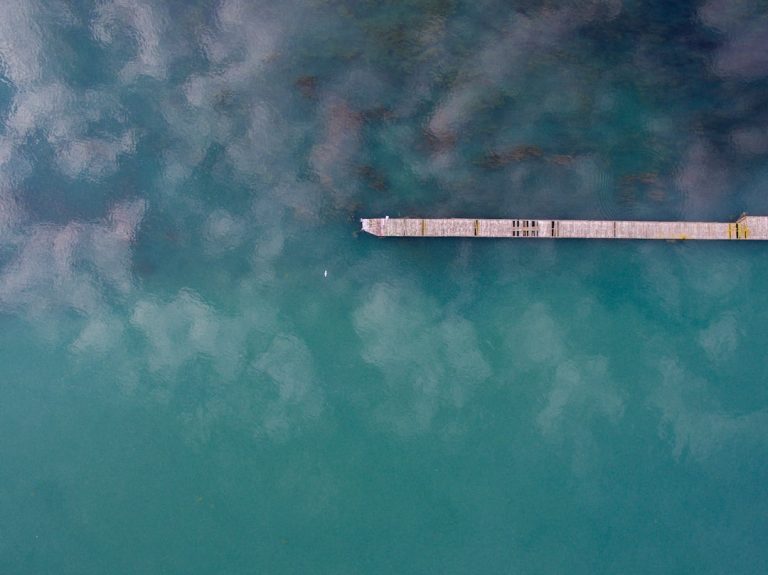
For marketers in Port Huron utilizing autodialers, understanding the nuances between Canadian and Michigan do-not-call lists is paramount to avoiding legal repercussions. While both regions have established guidelines to protect consumers from unwanted calls, there exist significant differences that can impact compliance and business operations. In Canada, the Do Not Call List (DNCL) is managed by provincial authorities, with each province having its own regulations. Michigan, on the other hand, operates under a state-wide DNCL, administered by the Michigan Attorney General’s Office.
Marketers using autodialers must be particularly vigilant when calling numbers in either region. Failure to comply with these lists can result in substantial fines and legal action. An autodialer lawyer in Michigan or a Canadian legal expert can provide guidance on navigating these regulations, ensuring businesses stay within the legal framework while effectively reaching their target audiences.
Navigating Legal Requirements for Effective Marketing Campaigns
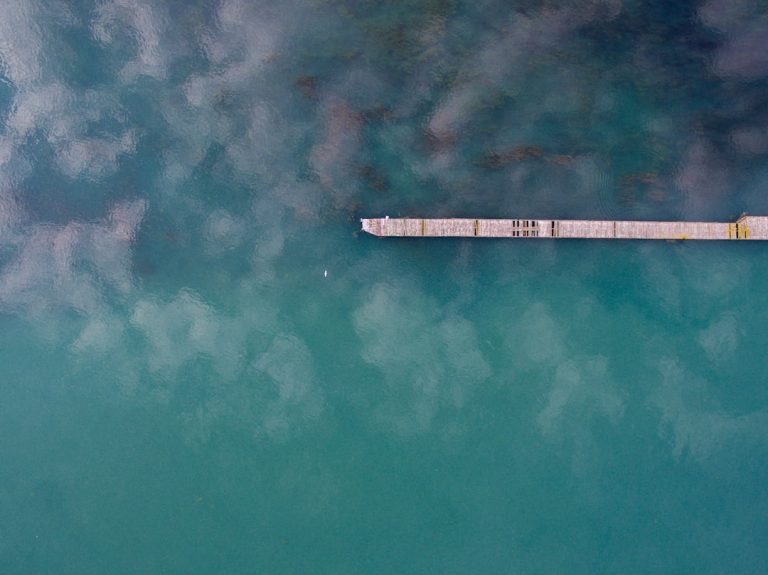
Navigating legal requirements is an essential step for marketers in Port Huron, especially when planning phone campaigns. The key difference between Canadian and Michigan do-not-call lists lies in their respective regulations. In Canada, the Telephone Consumer Protection Regulation (TCPR) governs automated calls, requiring explicit consent from recipients. This means that businesses must obtain permission before using an autodialer to contact customers or face strict penalties.
In Michigan, while there’s no state-specific do-not-call list, federal laws like the Telemarketing and Consumer Fraud and Abuse Prevention Act (TCFA) still apply. Marketers should be aware of these laws, ensuring they respect consumer privacy and preferences. Consulting with an autodialer lawyer in Michigan can help businesses understand and comply with these legal requirements, ensuring their marketing campaigns are effective and avoid potential legal issues.



